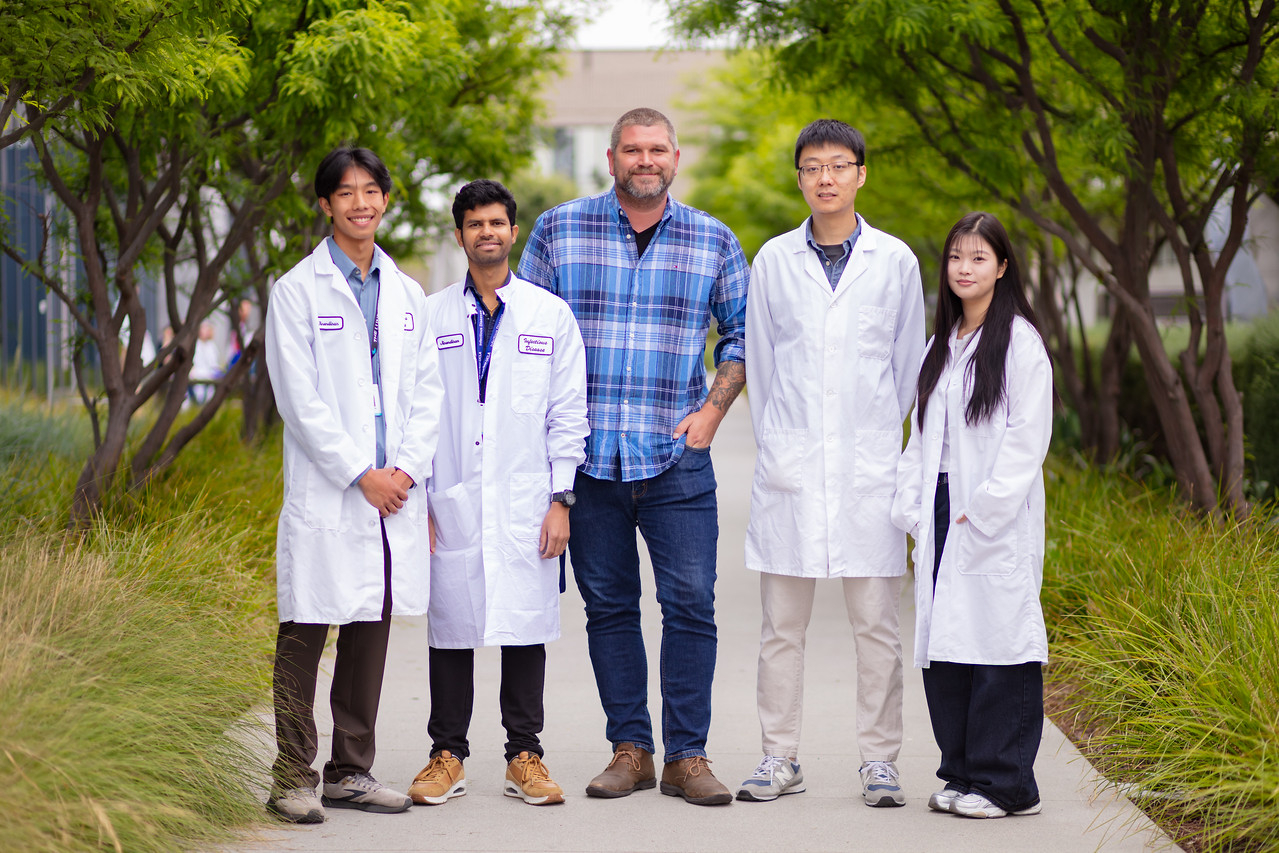Candida albicans, a common fungus found in and on the body, is typically harmless but can cause disease in immunocompromised individuals. In humans, colonization of the fungus begins at birth and plays a role in immune priming and metabolic function. Because mice are not natural hosts, however, current mouse models often simulate acute infection in adults rather than persistent colonization in neonates, adding to the knowledge gap of how neonates prevent fungal overgrowth during colonization despite having an “immature” immune system.
Fortunately, Marc Swidergall, PhD, Investigator in the Division of Infectious Diseases at The Lundquist Institute, and his team have developed a novel neonatal mouse model of oral colonization that allows persistent C. albicans without host immunosuppression, mimicking human conditions more closely.
Understanding these early-life immune mechanisms is critical for insights into host–fungus balance and disease prevention. In support of their efforts, the Swidergall Lab was awarded $449,625 from the National Institute of Health/National Institute of Allergy and Infectious Disease to study neonatal immune responses to fungal infections.
“Investigating how neonates respond to fungal colonization and infection can reveal new aspects of immune system development and function, while challenging or expanding existing theories about immune system maturation and infection prevention, thus paving the way for targeted therapeutic interventions tailored specifically for neonates,” said Swidergall.
This work will uncover fundamental pathways of early-life immune development, particularly how neonates establish homeostasis with fungi, which could inform new strategies to prevent fungal tissue invasion in vulnerable populations.
